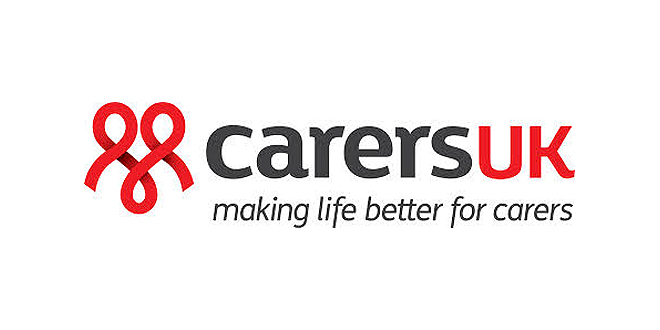An investigation by the Press Association news agency found that a third of hospital trusts in England have increased their car parking charges in the last year. The analysis combines figures obtained from NHS Trusts and data submitted to NHS Digital (formerly the Health and Social Care Information Centre).
This investigation comes one year on from Carers UK’s analysis of data released by the Health and Social Care Information Centre [1] which showed that the percentage of hospitals charging patients and visitors to park has doubled in a decade (15% in 2004-05 to 30% in 2014-15). Further analysis by the charity also revealed that of the NHS hospital Trusts in England that charge patients and visitors for parking, 63% had increased their charges since the previous year (2014).
Carers UK’s analysis underpinned the charity’s Park the Charges campaign, working with Julie Cooper MP to make hospital parking free for carers in England [2]. The campaign led to the Department of Health updating its guidance on hospital parking charges to specifically include carers – for the very first time – as a group for which concessions, such as free or reduced charges or caps, should be available.
In response to the Press Association’s investigation, Emily Holzhausen, Director of Policy and Public Affairs at Carers UK, said:
“This is a real issue for families of people who have long-term conditions or are severely disabled and need frequent or long hospital visits. Paying the costs of car parking just adds to the stresses of caring for a family member or close friend who is ill or disabled and can push families who need a lot of hospital visits into financial hardship. Some of the stories from families show just how stressful it is – families on low incomes are forced into debt by excessive car parking charges, whilst others worry about how they will pay when their relative is seriously-ill.
“In some rural areas, cars are essential to get people to hospital and for others, public transport is not an option because they are simply too ill or it is impractical. This issue needs to be urgently re-examined by NHS Trusts. It’s absolutely essential that hospital trusts look at ensuring carers, in particular, are exempt from paying charges. Ideally, we would like all car parking fees to be scrapped and follow Wales and Scotland where hospital car parking is free of charge.
“We’d advise all carers to get in touch with their NHS Trust, find out what the exemptions are, and, if they don’t have an exemption for carers, point them in the direction of the Department of Health guidance which has recently been updated to specifically include carers as a group that should be given discounts or exemptions.”
Carers UK has produced a template letter for families to send to their local NHS Trust to tell them about the Department of Health guidance and to ask what concessions will now be available for carers. The letter can be downloaded here: www.carersuk.org/news-and-campaigns/campaigns/hospital-car-parking/contact-your-local-hospital-trust
[1] Carers UK press release, 16 October 2015: https://www.carersuk.org/news-and-campaigns/news/scrap-hospital-parking-charges-for-carers-or-risk-serious-impact-on-nhs-warns-campaign
[2] Carers UK’s Park the Charges campaign: https://www.carersuk.org/news-and-campaigns/campaigns/hospital-car-parking


